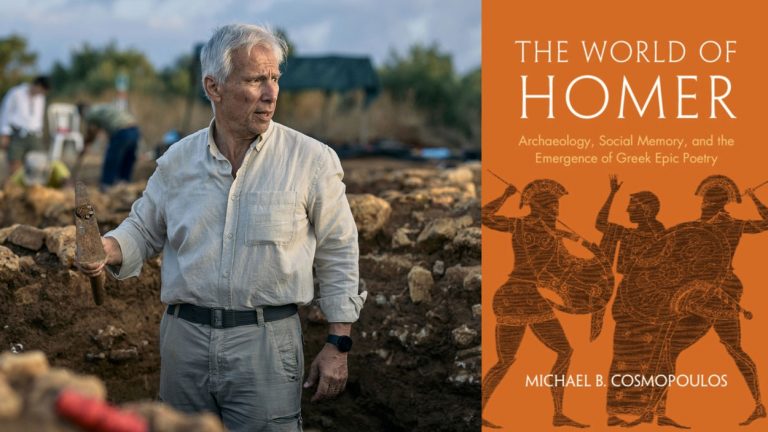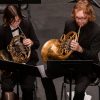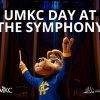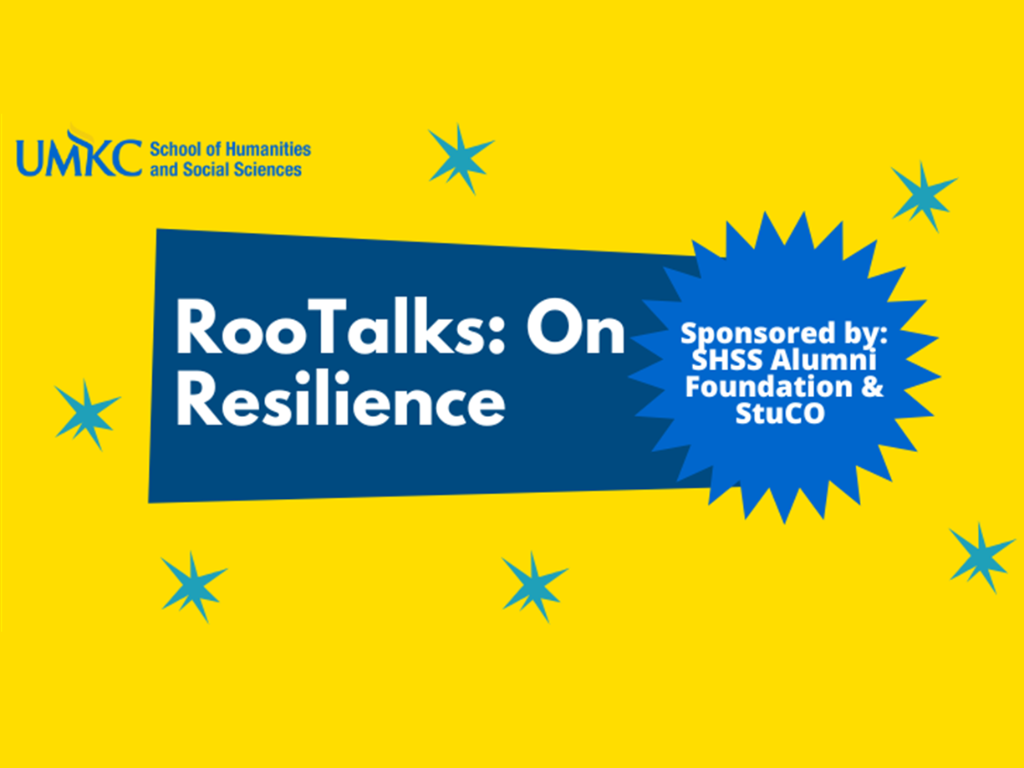Michael Cosmopoulos is back in Greece this summer, continuing his ongoing work at the excavation of the Late Bronze Age Mycenaean city of Iklaina. But Cosmopoulos, the Hellenic Government-Karakas Foundation Professor of Greek Studies and professor of archaeology at the University of Missouri–St. Louis, has also been sharing the results of another deep dive into the past with the publication of his new book, “The World of Homer.” The book, from Cambridge University Press, was released in the United Kingdom earlier this month and will debut stateside in August. It explores the epic poems “The Iliad” and “The Odyssey” and wrestles with the debate over their origins, including whether they can be traced to a single era and author – i.e. Homer – or, far more likely, were developed over centuries by many poets while shared through oral tradition. Cosmopoulos, a member of the American Academy of Arts and Sciences, who last year was inducted into the Academy of Athens as Chair of Bronze Age Archaeology, uses his expertise in archaeology and anthropology as well as philology to help readers understand the world in which the poems were formed and the factors that shaped them into works that continue to be celebrated in the modern day.
In a Q&A with UMSL Daily, Cosmopoulos discussed what has long captivated him about the epic poems, what inspired him to dig into their origins and why it matters for readers now. “My connection with ‘The Iliad’ and ‘The Odyssey’ began in childhood, through Greek myths and the ancient ruins that surrounded us growing up in Athens. Then, in high school, like all Greek students, I studied the poems in the original Ancient Greek and was captivated by the power of the stories and the rhythm of the poetry.” Cosmopoulos added, “Looking back, even then I think I was sensing that these works emerged from something older and deeper than literary imagination alone, something rooted in collective memory and cultural experience.” He began thinking deeply about their origins during his university years, especially while studying and excavating sites like Mycenae, Ithaca, Pylos, Eleusis, and Iklaina. “I wanted to understand the mechanics and circumstances of epic creation, not just the content,” he said. “In the end, the evidence points to one inescapable conclusion, that the poems were not created by one, but by many ‘Homers.’”








